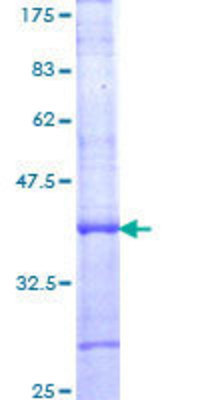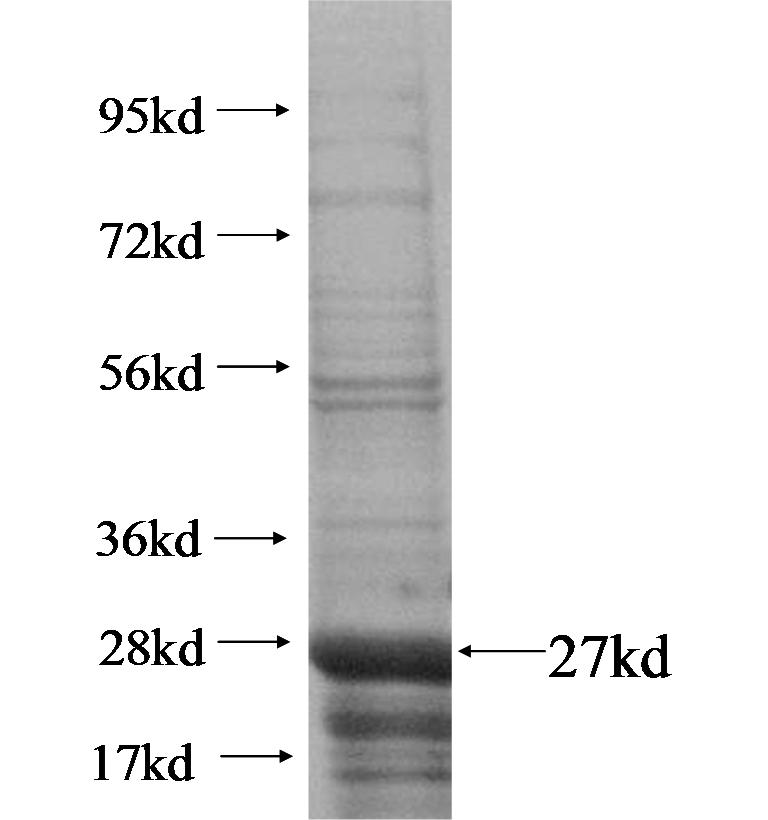| Gene Symbol |
ARNTL2
|
| Entrez Gene |
56938
|
| Alt Symbol |
BMAL2, CLIF, MOP9, PASD9, bHLHe6
|
| Species |
Human
|
| Gene Type |
protein-coding
|
| Description |
aryl hydrocarbon receptor nuclear translocator-like 2
|
| Other Description |
CYCLE-like factor|PAS domain-containing protein 9|aryl hydrocarbon receptor nuclear translocator-like protein 2|basic-helix-loop-helix-PAS protein MOP9|brain and muscle ARNT-like 2|class E basic helix-loop-helix protein 6|member of PAS protein 9|transcription factor BMAL2
|
| Swissprots |
Q96J63 Q9NS70 Q8WYA1 Q8WYA4 Q8WYA2 B7Z429 Q9NYQ5 Q8WYA3 Q9NYQ4 Q9H2M4 F5H402
|
| Accessions |
CAV28553 EAW96552 EAW96553 EAW96554 Q8WYA1 AB039921 BAB01485 AF231338 AAF71306 AF231339 AAF71307 AF246960 AAL50339 AF246961 AAL50340 AF246962 AAL50341 AF246963 AAL50342 AF256215 AAG34652 AK296706 BAH12415 BC000172 AAH00172 BC125061 AAI25062 BC125062 AAI25063 BQ774827 CV388040 XM_006719112 XP_006719175 XM_006719113 XP_006719176 XM_006719114 XP_006719177 XM_011520766 XP_011519068 XM_011520767 XP_011519069 XM_011520768 XP_011519070 XM_011520769 XP_011519071 XM_011520770 XP_011519072 XM_011520771 XP_011519073 NM_001248002 NP_001234931 NM_001248003 NP_001234932 NM_001248004 NP_001234933 NM_001248005 NP_001234934 NM_020183 NP_064568
|
| Function |
Transcriptional activator which forms a core component of the circadian clock. The circadian clock, an internal time- keeping system, regulates various physiological processes through the generation of approximately 24 hour circadian rhythms in gene expression, which are translated into rhythms in metabolism and behavior. It is derived from the Latin roots 'circa' (about) and 'diem' (day) and acts as an important regulator of a wide array of physiological functions including metabolism, sleep, body temperature, blood pressure, endocrine, immune, cardiovascular, and renal function. Consists of two major components: the central clock, residing in the suprachiasmatic nucleus (SCN) of the brain, and the peripheral clocks that are present in nearly every tissue and organ system. Both the central and peripheral clocks can be reset by environmental cues, also known as Zeitgebers (German for 'timegivers'). The predominant Zeitgeber for the central clock is light, which is sensed by retina and
|
| Subcellular Location |
Nucleus {ECO:0000255|PROSITE- ProRule:PRU00981, ECO:0000269|PubMed:10964693}.
|
| Tissue Specificity |
Expressed in fetal brain. Highly expressed in brain and placenta. Lower levels in heart, liver, thymus, kidney and lung. Located to endothelial cells and neuronal cells of the suprachiasmatic nucleus (SCN). Also detected in endothelial cells of the heart, lung and kidney. In the brain, specifically expressed in the thalamus, hippocampus and amygdala. {ECO:0000269|PubMed:10864977, ECO:0000269|PubMed:10964693, ECO:0000269|PubMed:11018023}.
|


